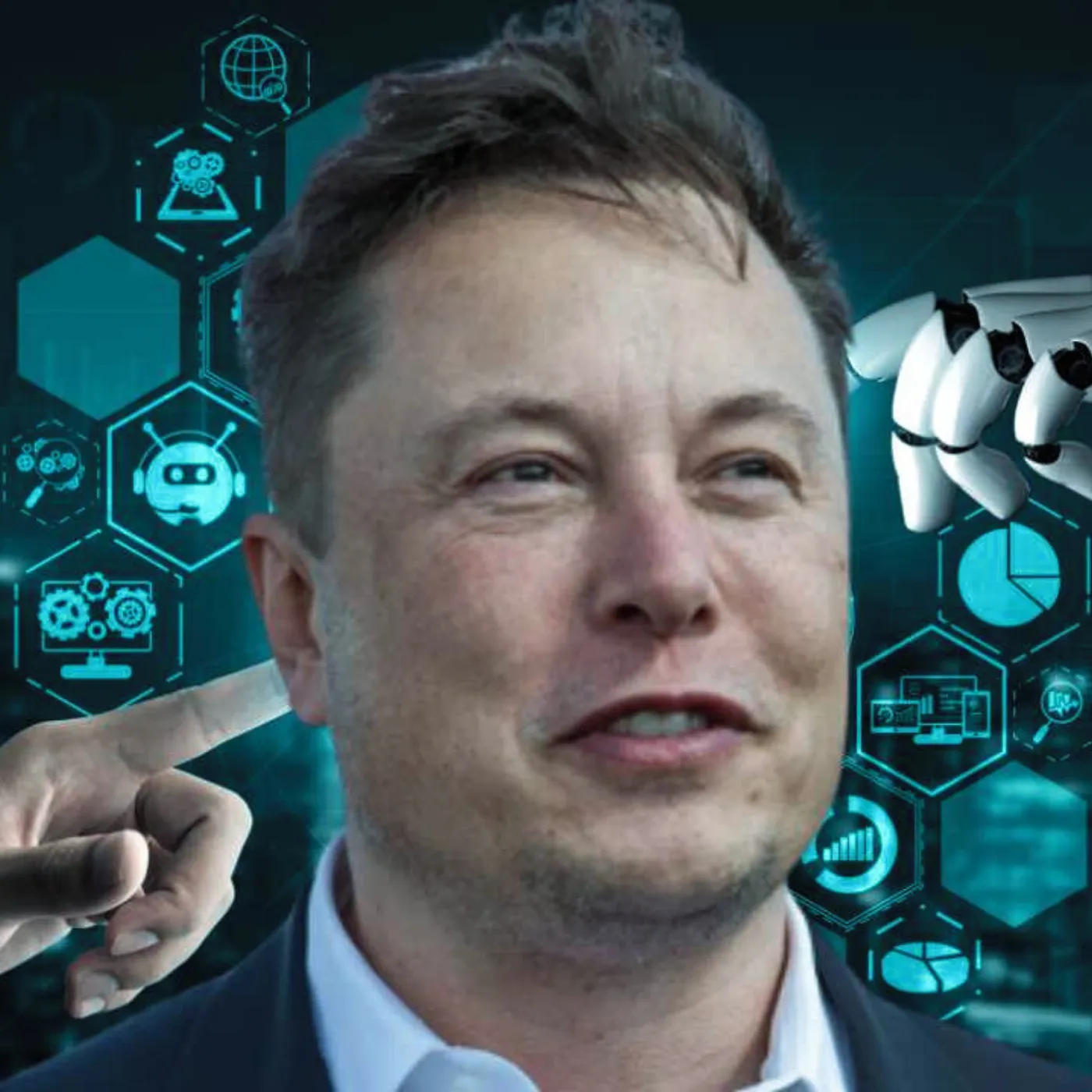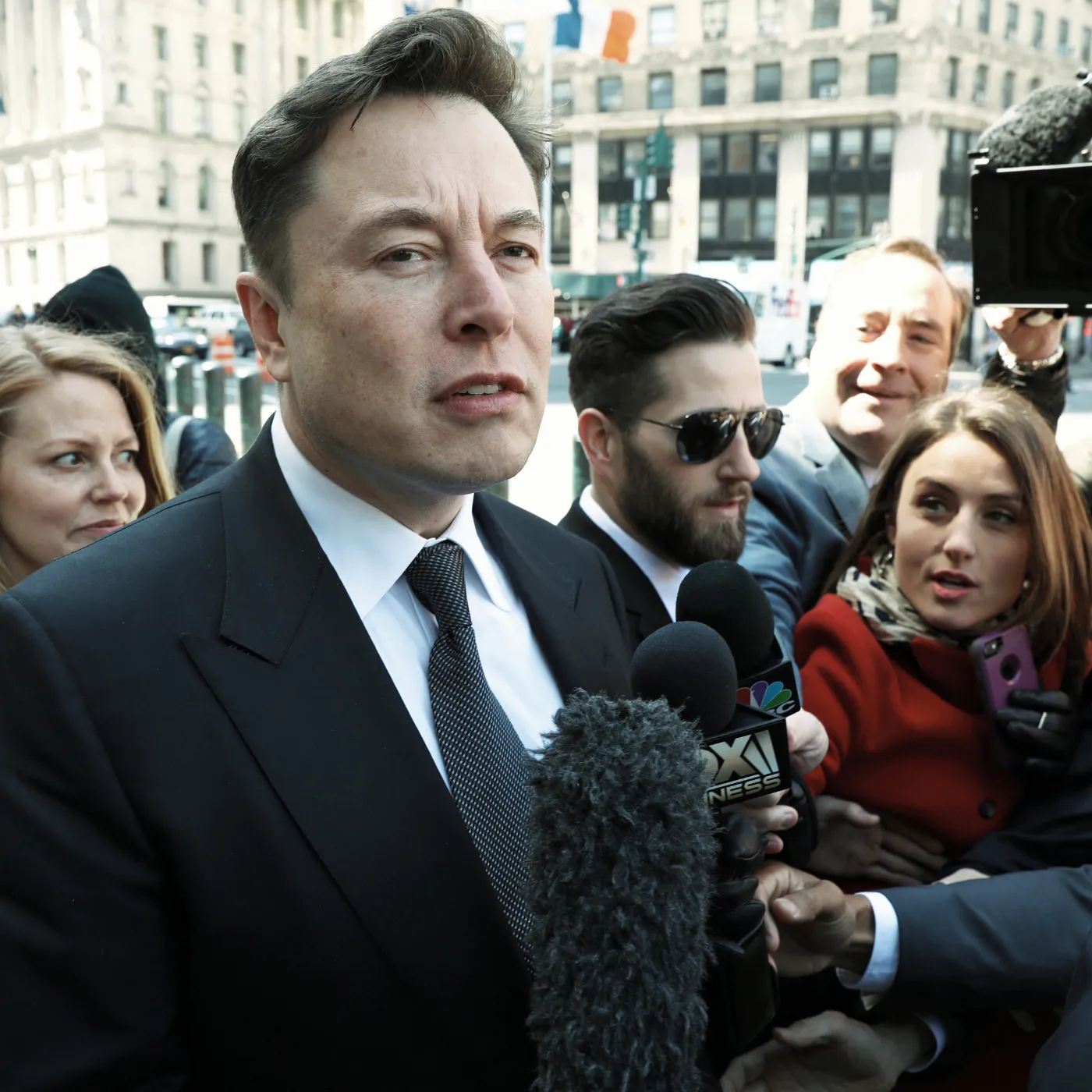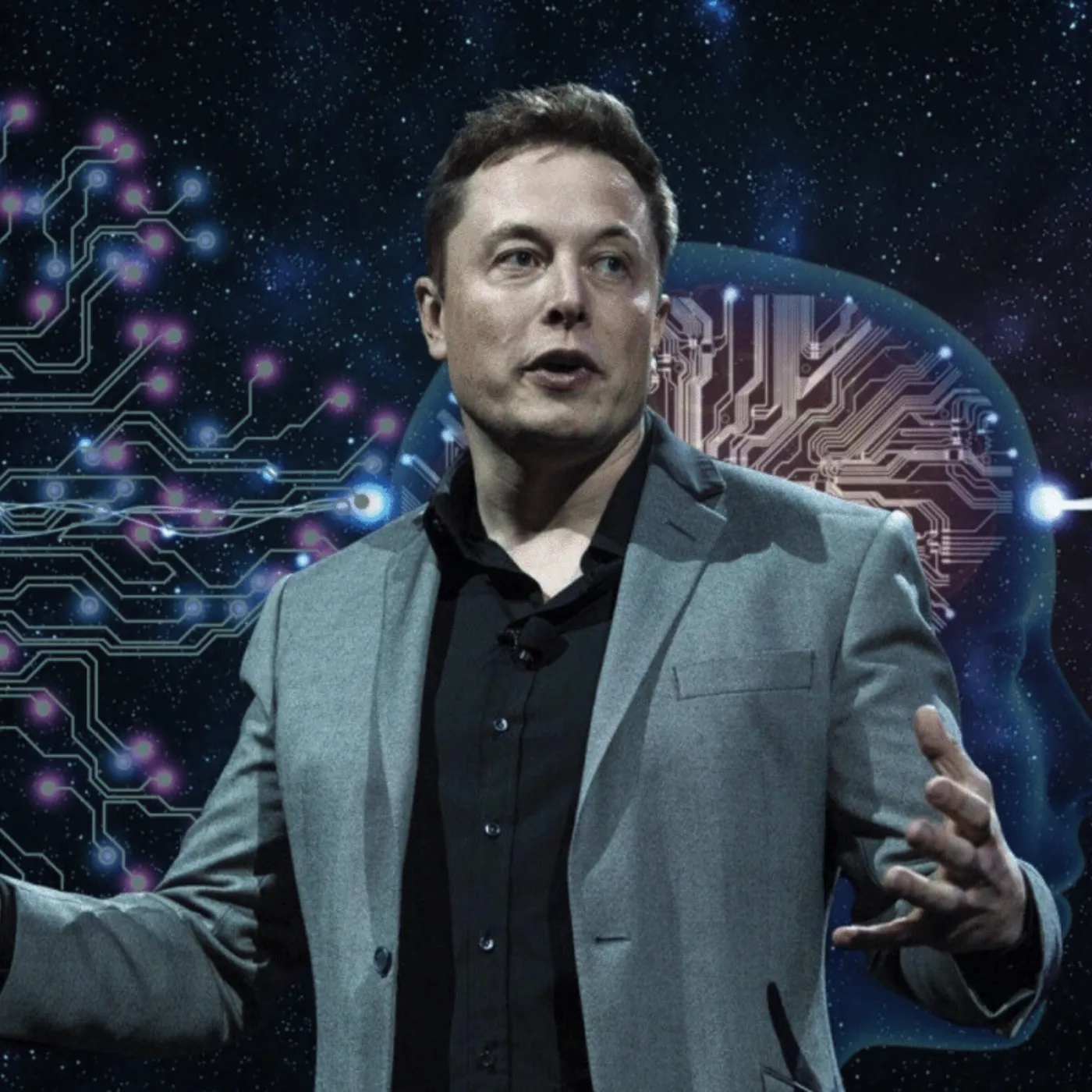In a revelation that has sent shockwaves across the tech world, Elon Musk, the enigmatic CEO of Tesla and SpaceX, recently made headlines by stating that Google has the best shot at leading the artificial intelligence (AI) race. His comments, made during a high-profile tech conference, have reignited debates about the future of AI, the role of tech giants, and the competitive landscape that has defined Silicon Valley for over a decade.
Musk, a figure known for his outspoken and often controversial views on technology, didn’t mince words. He emphasized that while many companies are investing heavily in AI research, Google’s resources, talent pool, and infrastructure give it an edge that few can rival. “If anyone is poised to dominate AI in the near future, it’s Google,” Musk remarked, sparking both excitement and alarm among tech enthusiasts and investors alike.
The announcement comes at a time when AI has become the focal point of global innovation. From autonomous vehicles to advanced robotics, natural language processing, and predictive analytics, AI is transforming industries at an unprecedented pace. Companies worldwide are racing to develop systems that are not only intelligent but also scalable, safe, and commercially viable. In this context, Musk’s endorsement of Google is far from trivial—it signals a potential shift in market dynamics and investor confidence.
Why Google?
Musk’s assertion rests on several pillars. First and foremost, Google has been a pioneer in AI research for years. Its acquisition of DeepMind, the company behind the groundbreaking AlphaGo project, positioned Google as a leader in developing machine learning algorithms that outperform human experts in complex tasks. The company’s commitment to AI ethics, while often criticized for being cautious, demonstrates a strategic approach to innovation that balances ambition with responsibility.
Additionally, Google’s cloud computing infrastructure is unmatched. The company’s ability to process massive datasets efficiently gives it a competitive advantage that smaller players simply cannot replicate. Musk highlighted that AI is not just about algorithms; it’s about computational power, data access, and continuous iteration—areas where Google excels.
Musk also acknowledged the role of talent in AI leadership. Google employs some of the brightest minds in machine learning, neural networks, and robotics. This human capital is coupled with a culture of innovation that encourages risk-taking and experimentation. “Innovation is driven by people, and Google’s team is unparalleled,” Musk noted.
Controversy and Competition
Musk’s statement has inevitably stirred controversy. Critics argue that it is unusual for a figure like Musk—who is often seen as a rival to tech giants—to openly praise Google. Some analysts suggest that Musk’s comments might be a strategic move, designed to influence AI funding, shape public perception, or even pressure competitors like Microsoft and OpenAI to accelerate their research.
Indeed, the competitive landscape in AI is fierce. Microsoft, with its substantial investment in OpenAI and the integration of AI into products like Office and Azure, is widely considered a formidable contender. Other tech giants, including Amazon, Facebook, and Apple, are also ramping up AI initiatives, making the race more intense than ever. Musk’s endorsement of Google, therefore, has the potential to shift investor sentiment and market priorities dramatically.
The reaction on social media has been equally intense. Facebook, Twitter, and LinkedIn feeds are flooded with posts dissecting Musk’s prediction. Industry insiders, tech journalists, and AI enthusiasts have debated everything from Google’s technical capabilities to the broader implications for society. Hashtags like #AIDomination, #GoogleAI, and #MuskPrediction are trending, reflecting the widespread fascination and concern over the future of artificial intelligence.

Implications for AI Governance
Beyond the business and technological implications, Musk’s remarks raise questions about AI governance and regulation. As AI systems become more advanced, the need for oversight, ethical standards, and transparency grows. Musk has previously warned about the risks of unregulated AI development, calling for proactive measures to ensure safety. His praise of Google could signal confidence that one of the largest, most resource-rich companies might take the lead in developing AI responsibly.
Experts suggest that if Google indeed takes a dominant position, it could set industry standards for AI ethics, transparency, and deployment. This would have a profound impact on smaller players, governments, and international regulatory bodies. The possibility of a single company wielding disproportionate influence over AI development is both exciting and alarming, fueling debates about monopoly, competition, and innovation.
Public Perception and Investor Reactions
The market has reacted quickly to Musk’s statements. Tech stocks, particularly those associated with AI research, have seen increased volatility. Google’s parent company, Alphabet, has experienced a surge in attention from investors and analysts, who are eager to understand the implications of Musk’s endorsement. Meanwhile, competitors are facing pressure to accelerate their AI programs or risk losing ground in a race that could define the next decade of technology.
Public perception is similarly divided. While some hail Musk’s comments as a validation of Google’s leadership and technical prowess, others view them with skepticism. Questions about bias, strategic motives, and competitive positioning dominate online discussions. The tech-savvy public is increasingly aware that AI is not just a tool—it’s a battleground for power, influence, and societal impact.
Looking Ahead
Musk’s prediction is likely to have long-lasting effects on the AI industry. Companies are expected to redouble efforts in research and development, partnerships, and strategic investments. Governments may also take note, considering policies that encourage innovation while safeguarding public interest.
For Google, the spotlight is both an opportunity and a challenge. Maintaining its position at the forefront of AI requires continuous innovation, ethical responsibility, and transparent communication. Musk’s endorsement, while flattering, could raise expectations and scrutiny simultaneously. The company must navigate a complex landscape of competition, public opinion, and regulatory pressure.
Moreover, the broader implications for society are significant. AI is poised to transform industries ranging from healthcare to transportation, finance, and education. The emergence of a clear leader in the field could accelerate these changes, impacting employment, economic structures, and everyday life. Musk’s prediction, therefore, is more than a tech headline—it is a signal of the shifts that may redefine modern civilization.
Expert Opinions
Industry experts are weighing in. Dr. Karen Liu, a leading AI researcher, noted, “Musk’s comments are a reflection of the tangible advantages Google holds in infrastructure and talent. However, leadership in AI is dynamic, and surprises are inevitable.”
Similarly, tech analyst Jason Patel remarked, “While Google has the resources, other players are innovating rapidly. Musk’s statement should be seen as both a warning and a challenge—competition is fierce, and no single company can afford complacency.”
These perspectives underscore the complexity and uncertainty inherent in the AI race. Musk’s endorsement is a headline-grabber, but the reality of AI leadership involves multiple factors, including innovation speed, ethical compliance, societal acceptance, and global collaboration.
The Human Element in AI
One of Musk’s key points is the importance of human capital. AI, no matter how advanced, relies on human creativity, oversight, and ethical guidance. Google’s culture of innovation, its investment in top-tier talent, and its emphasis on collaboration are central to its perceived advantage. Musk’s recognition of this human element highlights a crucial truth: technology alone does not determine success—people do.
In an era where AI is increasingly shaping business strategies, consumer experiences, and global policies, understanding the interplay between technology, talent, and leadership is essential. Musk’s statement draws attention to this dynamic, prompting discussions that go beyond technical specifications to address broader societal implications.

Conclusion
Elon Musk’s declaration that Google has the best shot at being the leader in AI is more than a provocative headline—it is a statement loaded with implications for investors, competitors, policymakers, and the public. It encapsulates the excitement, controversy, and high stakes of the modern AI landscape.
Whether Google will fulfill Musk’s prediction remains to be seen, but the conversation itself is reshaping expectations, priorities, and strategies across the tech world. As AI continues to evolve, one thing is clear: leadership in this space is as much about vision and influence as it is about algorithms and data.
For now, the tech world watches, debates, and adapts. The next decade of AI promises to be a battleground of innovation, strategy, and human ingenuity, and Musk’s statement ensures that Google is at the center of this global conversation.